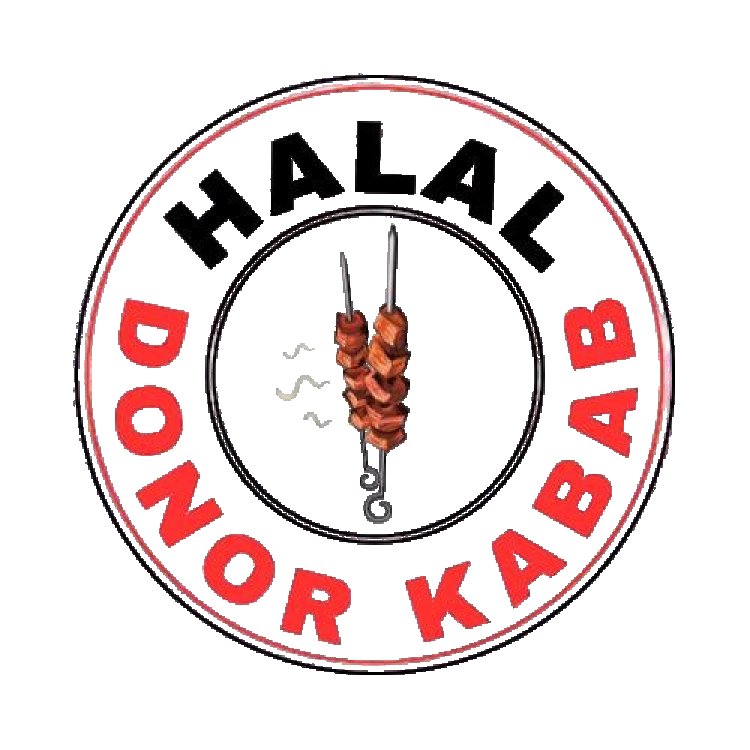"The Global Appeal of Halal Doner Kebab: A Dish That Knows No Borders"
The global appeal of halal doner kebab lies in its powerful combination of tradition, versatility, and inclusivity. It’s a dish that respects its roots while boldly embracing innovation. Across continents, cultures, and communities, it speaks a universal language
Share this Post to earn Money ( Upto ₹100 per 1000 Views )

Halal doner kebab is more than just a satisfying street food—it’s a culinary movement that has traversed continents and captured hearts. From its humble origins in Turkey to its ubiquitous presence in cities like Berlin, London, Dubai, and New York, the halal doner kebab is a testament to food's ability to transcend cultural, religious, and geographical boundaries. In this article, we explore the factors that have turned this iconic dish into a global sensation and why it continues to thrive.
1. Origins and Cultural Significance
The roots of the doner kebab can be traced back to the Ottoman Empire, where meat was slow-roasted on a horizontal spit. The vertical rotisserie method—now synonymous with doner kebabs—was popularized in the 19th century. The halal aspect stems from Islamic dietary laws, ensuring the meat is sourced, slaughtered, and prepared in a specific, humane way.
Why it resonates globally:
-
Reflects deep culinary traditions
-
Adheres to religious dietary needs, expanding its appeal
-
Serves as a cultural bridge in multicultural societies
2. Migration and Globalization: The Spread of Doner Kebab
Post-war migration patterns played a significant role in the dish’s spread. Turkish immigrants brought doner kebabs to Western Europe in the mid-20th century. In Germany, the doner kebab became a staple, evolving into a sandwich-like meal with salad and sauces served in flatbread.
Milestones in global adoption:
-
Germany: The birth of the modern “fast-food” doner
-
UK: Rapid popularity among late-night diners
-
Middle East: Seamless integration into existing culinary traditions
-
US and Canada: Fusion adaptations and food truck culture
3. Adaptability and Versatility
One of the strongest assets of halal doner kebab is its versatility. It can be served in wraps, platters, pita pockets, or on rice. Each region adapts it to local tastes, adding unique ingredients, sauces, or sides.
Examples of adaptations:
-
Germany: Served with curry ketchup and cabbage slaw
-
UK: Heavily loaded with garlic mayo and chips
-
Middle East: Combined with hummus, pickles, and fresh vegetables
-
US: Doner tacos, pizzas, and loaded fries
4. Street Food Credibility
The doner kebab has achieved elite status in the world of street food. It’s quick to prepare, rich in flavor, and easy to eat on the go. This practicality has made it a favorite among busy urban dwellers, students, and late-night crowds.
Key traits:
-
Affordable and filling
-
Highly customizable
-
Portable and mess-free when wrapped properly
5. Visual and Social Media Appeal
In the age of Instagram and TikTok, food that looks good spreads fast. Doner kebabs, with their juicy layers of meat, colorful salads, and sauces, are inherently photogenic. Many street vendors carve the meat dramatically, making for viral-worthy content.
Why it trends online:
-
Eye-catching visuals of meat being sliced from the rotisserie
-
Engaging prep videos and food truck aesthetics
-
Global foodies share their local takes
6. Health Conscious and Dietary Flexibility
Modern consumers are increasingly conscious of what they eat. Halal doner kebabs have adapted accordingly. Many vendors now offer lean meats like chicken or turkey, and plant-based alternatives like seitan or jackfruit.
Health-forward options include:
-
Low-carb bowls with grilled meats and salads
-
Vegan doner wraps with dairy-free sauces
-
Gluten-free bread or lettuce wraps
This flexibility helps attract a broader customer base, from meat lovers to vegans and everyone in between.
7. Emphasis on Halal Standards and Ethical Sourcing
The halal certification goes beyond religious guidelines—it aligns with broader ethical and sustainable eating practices. Halal meat must be processed humanely and often involves traceability, appealing to ethically-minded consumers regardless of faith.
Why it builds trust:
-
Ensures humane animal treatment
-
Appeals to ethical eaters
-
Gives consumers confidence in meat quality
8. Inclusivity and Cross-Cultural Appeal
Halal doner kebab often serves as a culinary entry point to Islamic culture for non-Muslims. In multicultural neighborhoods, kebab shops become gathering points where people of all backgrounds mingle.
Cultural impact:
-
Brings people together over a shared love for food
-
Promotes understanding through cuisine
-
Reinforces diversity in urban food scenes
9. Economic and Entrepreneurial Impact
Setting up a doner kebab stand or food truck is relatively affordable compared to opening a full-scale restaurant. This has empowered many immigrant entrepreneurs, helping them establish livelihoods and share their culture through food.
Why it matters:
-
Low startup costs promote entrepreneurship
-
Offers job opportunities in underserved communities
-
Strengthens local economies
10. Fusion and Culinary Creativity
The doner kebab has also found its way into fine dining and fusion cuisine. Chefs around the world experiment with new interpretations—doner bao buns, sushi rolls, poutines, and even gourmet doner burgers.
Innovative examples:
-
Korean BBQ-inspired doner wraps
-
Indian-style doner with chutneys and naan
-
Vegan doner poke bowls
This ongoing reinvention keeps the dish exciting and relevant to evolving palates.
11. Longevity and Timelessness
Despite changing trends, the halal doner kebab remains timeless. It continues to evolve without losing its core identity—slow-roasted meat, vibrant toppings, and bold flavors.
What ensures longevity:
-
Deep-rooted tradition
-
Endless room for reinvention
-
Consistent, comforting flavor profile
Conclusion
The global appeal of halal doner kebab lies in its powerful combination of tradition, versatility, and inclusivity. It’s a dish that respects its roots while boldly embracing innovation. Across continents, cultures, and communities, it speaks a universal language: delicious, accessible, and adaptable food. Whether it’s served in a bustling Berlin street corner or a trendy New York food hall, halal doner kebab continues to unite people and palates, proving that some dishes truly know no borders.
















